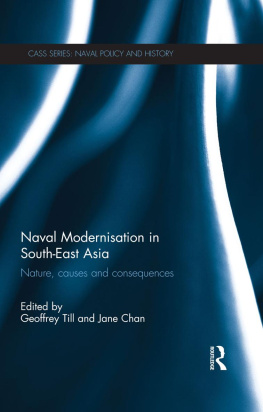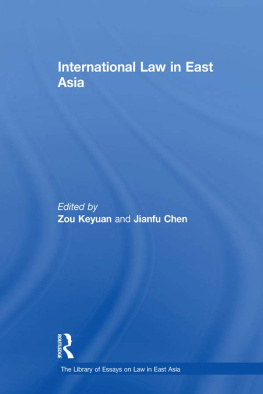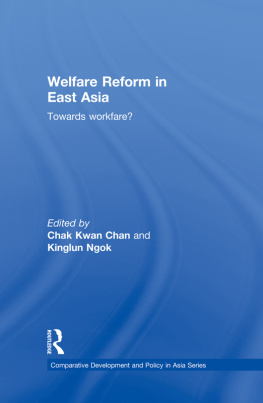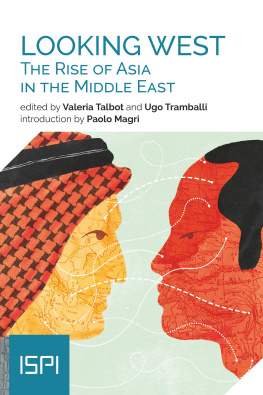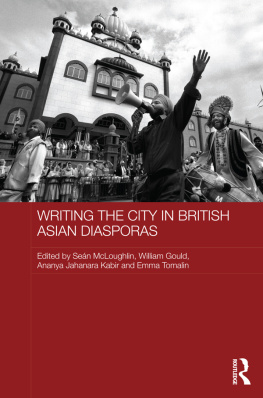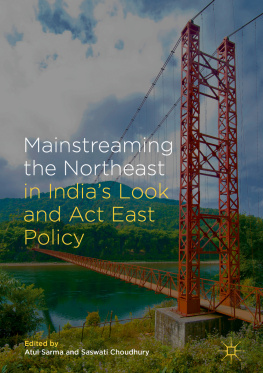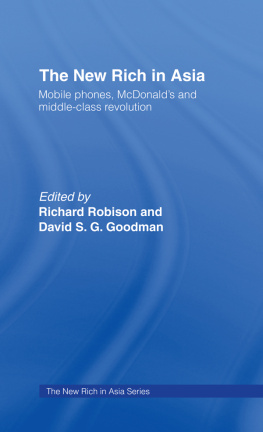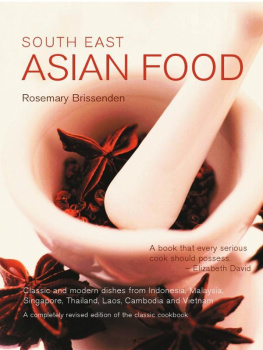First Published in 2000
by Curzon Press
Published 2013 by Routledge
2 Park Square, Milton Park, Abingdon, Oxon OX14 4RN
711 Third Avenue, New York, NY, 10017, USA
Routledge is an imprint of the Taylor & Francis Group, an informa business
Editorial matter 2000 Jean Michaud
Designed and Typeset in Sabon by LaserScript Ltd, Mitcham, Surrey
All rights reserved. No part of this book may be reprinted or reproduced or utilised in any form or by any electronic, mechanical, or other means, now known or hereafter invented, including photocopying and recording, or in any information storage or retrieval system, without permission in writing from the publishers.
British Library Cataloguing in Publication Data
A catalogue record of this book is available from the British Library
ISBN 13: 978-0-700-71180-2 (hbk)
As is the case for most edited books, the starting point for this one was an academic conference, the 1997 annual meeting of the Association for South-East Asian Studies in the United Kingdom held at the University of Hull, with the Centre for South-East Asian Studies as its host.
Allow me to recall that moment through an anecdote. When, one year earlier, the conference organiser decided on the overall title for the event, South-East Asia Between the Local and the Global, it was in relation to the current debates centered on the notions of globalization, security and development for which contributions were being specifically requested. Trained as a rather classical social anthropologist, I must say that I was feeling only moderately at ease on such grounds, and I initially thought that there was no room left in that theme for my main research interest, the ethnology of highland societies in Mainland South-East Asia.
In a slightly provocative mood I confess, I nevertheless offered to convene a panel I mischievously called Shattered Mountain Societies? When the Global Crushes the Local, an indirect homage to Gerald Hickeys Shattered world: adaptation and survival among Vietnams highland peoples during the Vietnam War. On a more serious note, I should explain that over the years, I had come to realise how the various ethnic groups in the remote highlands of Mainland South-East Asia I had visited and studied were invariably kept at the bottom of the list of genuine beneficiaries of the countless development projects that have been implemented in the region since the late 1950s. I felt here, as often before, that it was my personal and professional duty to make room for serious discussions about this persistent inequity.
With my agenda so nakedly spelled out, it did not really come as a surprise when a solicitous conference organiser warned me that this panel, at best, would attract two or three participants, myself included. Did I want to start considering which of the more important sessions it would eventually have to be merged with?
As things turned out, the Shattered Mountain Societies? panel was one of the most successful of the conference, with the number of international participants larger than in any other panel. Dizzy with this success so to speak panellists did not want to part empty handed and enthusiastically voiced a will to have an edited book put together. To provide it with as clear a focus as possible under the circumstances, it was collectively decided that the cultural area for this publication should be Mainland South-East Asia. From the initial seven panellists, as a matter of consequence, the three who did not join in this publication project were Raymond Bryant, Tim Forsyth and Terry King. I would like here to thank them sincerely for their invaluable contribution to the success of the conference.
Henry Bartsch, Christian Culas, Alison Lewis, Jan Ovesen and myself were on board together. It was assessed that the scope of the book should be increased, in particular due to the fact that none of the initial contributors were even remotely touching on Burma. Additional authors were solicited. Oscar Salemink, Leif Jonnson, Peter Kunstadter, Clive Christie and Franois Robinne liked the project, cheerfully took up the writing and contributed each an original piece based on their ongoing research. To consolidate the book, John McKinnon was patient enough to co-write the introduction with me from several thousand miles and twelve time zones away; to all, my warmest thanks.
Despite the fact that he sadly had to withdraw from the project, Jan Ovesens support and encouragement has been instrumental in the completion of this book. I should also mention the strong commitment to see this book succeed by the Curzon Press chief editor, Jonathan Price. On a more personal note, I would also like to thank Lewis Hill for his support, as well as Sarah Turner for helping me to keep faith during the two years over which this project was on my agenda.
In the end, it is hoped that this book will contribute, in its own modest way, to ensure that in the future, the study of the mountain minorities of Mainland South-East Asia will less easily be labelled an umpromising topic.
ACKNOWLEDGEMENTS FOR THE MAPS
South-East Asian Studies at the University of Hull special permission to use his original material. I would like here to express my sincere gratitude for this privilege. Yann Roche, lecturer of Geography at Universit du Qubec Montral, is also to be thanked for his competent and patient teaching on how to make the best use of that mapping system.
have previously been published in John McKinnons chapter Ethnicity, Geography, History and Nationalism: A future of ethnic strife for the inland border peoples of mainland Southeast Asia?, In R.F. Watters and T.G. McGee (eds) Asia Pacific: New Geographies Of the Pacific Rim Hurst and Company, London pp. 283301.
Map 13 has been produced by Franois Robinne.
Jean Michaud
Henry Bartsch has carried out two researches in Thailand. The first focused on trends in rural-urban migration and its effects on agriculture in the irrigation schemes of the Northeast Water Management and System Improvement Project (NEWMASIP) in Northeast Thailand. In his second research he studied the socio-economic role of trekking tourism in a Karen village in Northern Thailand. Currently, he is working as an Associate Expert for the Dutch Ministry of Foreign Affairs in the Forest Conservation and Community Development Project (FCCDP) in Yunnan, China.
Clive Christie is senior lecturer in South-East Asian History at the University of Hull. His recent publications include A Modern History of South East Asia: Decolonization, Nationalism and Separatism, Southeast Asia in the Twentieth Century: A Historical Reader, and Race and Nation: A Documentary Reader. He is currently writing a history of political ideas in Southeast Asia during the Twentieth Century.
Christian Culas lectures in Anthropology at the University of Aix en Provence. In 199293, he did ethnographic field research in Northern Thailand and Laos among Green and White Hmong, and in several Hmong communities in Northern Vietnam and Northern Laos in 199899. He is also the organizer, in collaboration with Jean Michaud, of the First International Workshop on the Hmong/Miao in Asia held in September 1998 in Aix en Provence. His publications include Histoire de lopium et de ses usages chez les Hmong dAsie du Sud-Est (Journal Asiatique, 2000); Chamanisme et Messianisme chez les Hmong dAsie: acphalit tradition-nelle et innovations politico-religieuses, in Brac de la Perriere et al. (eds),


